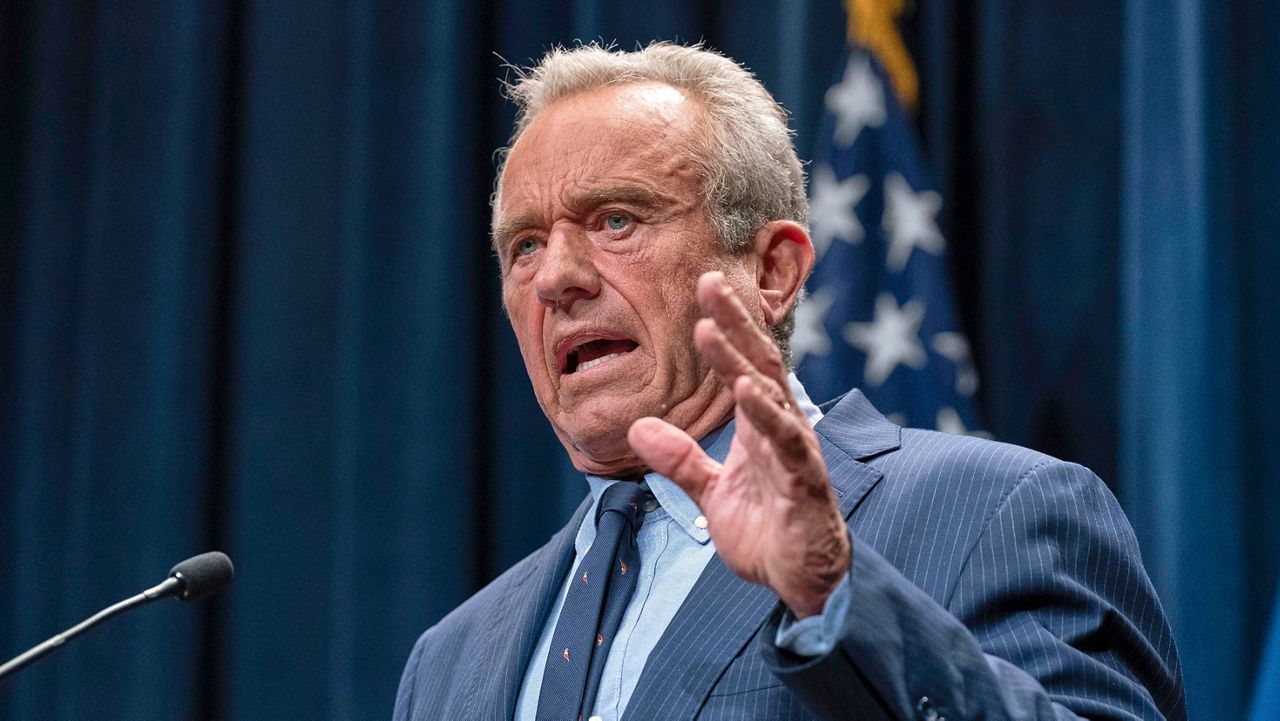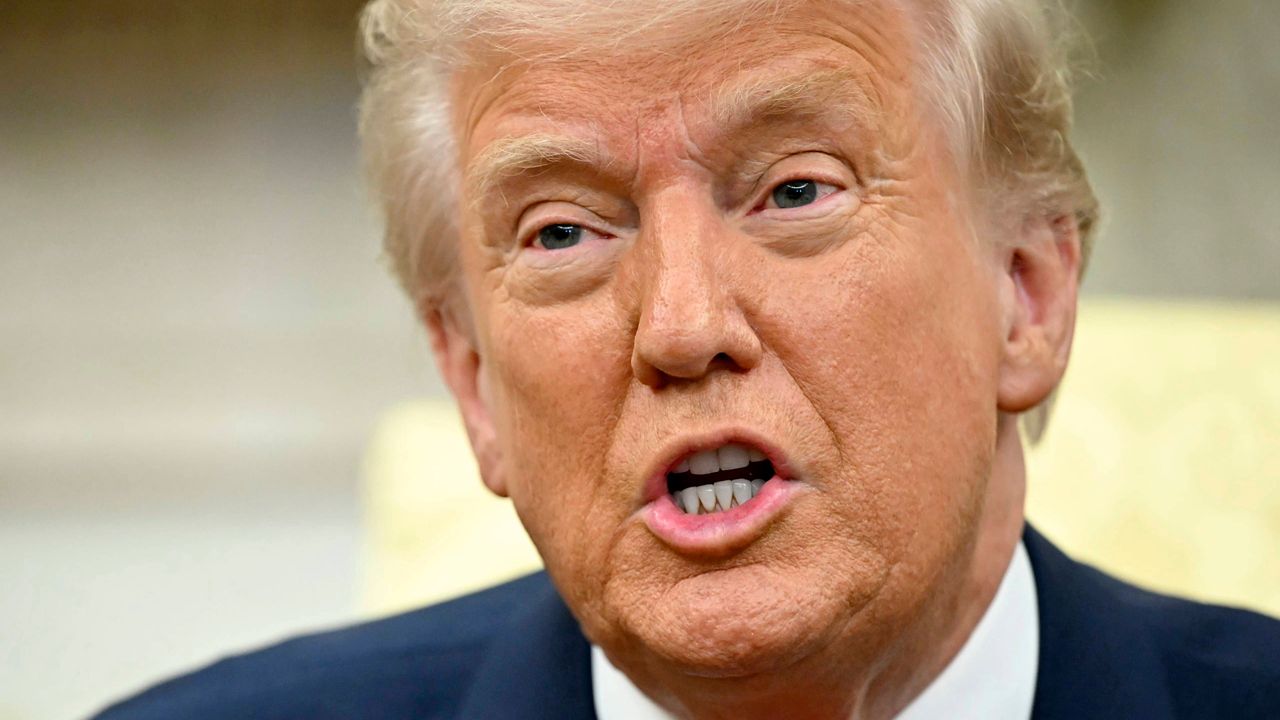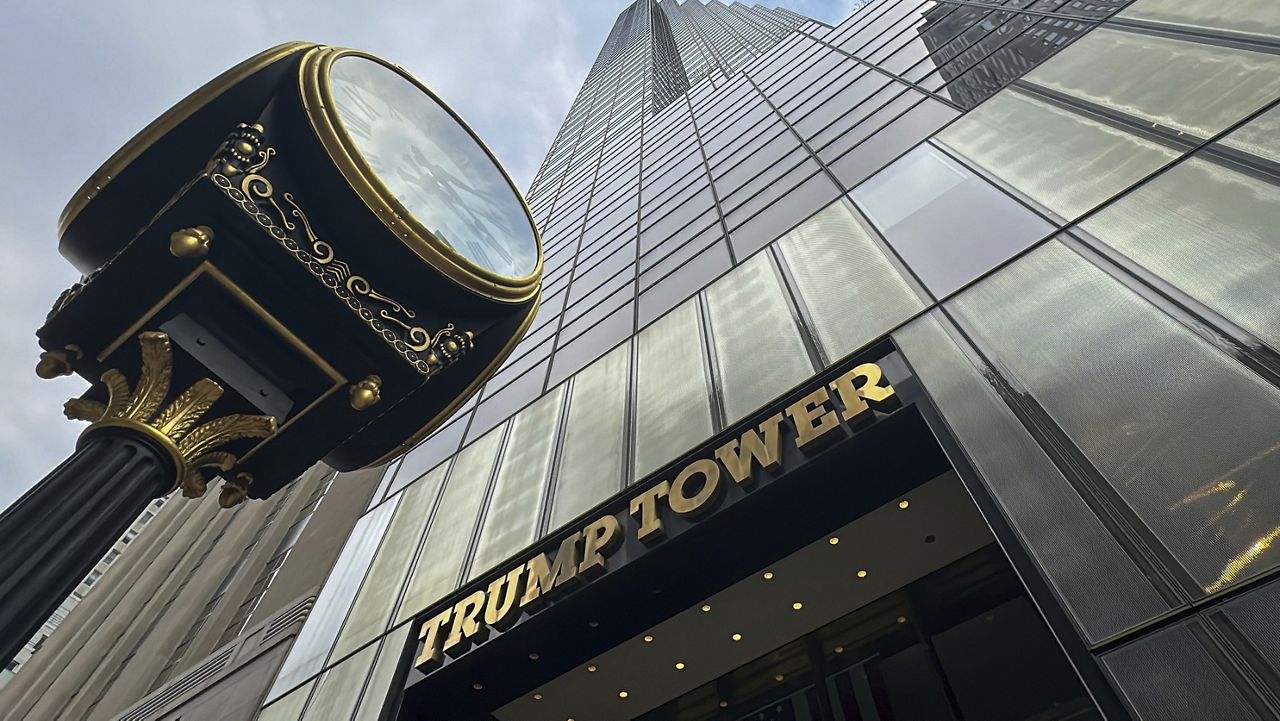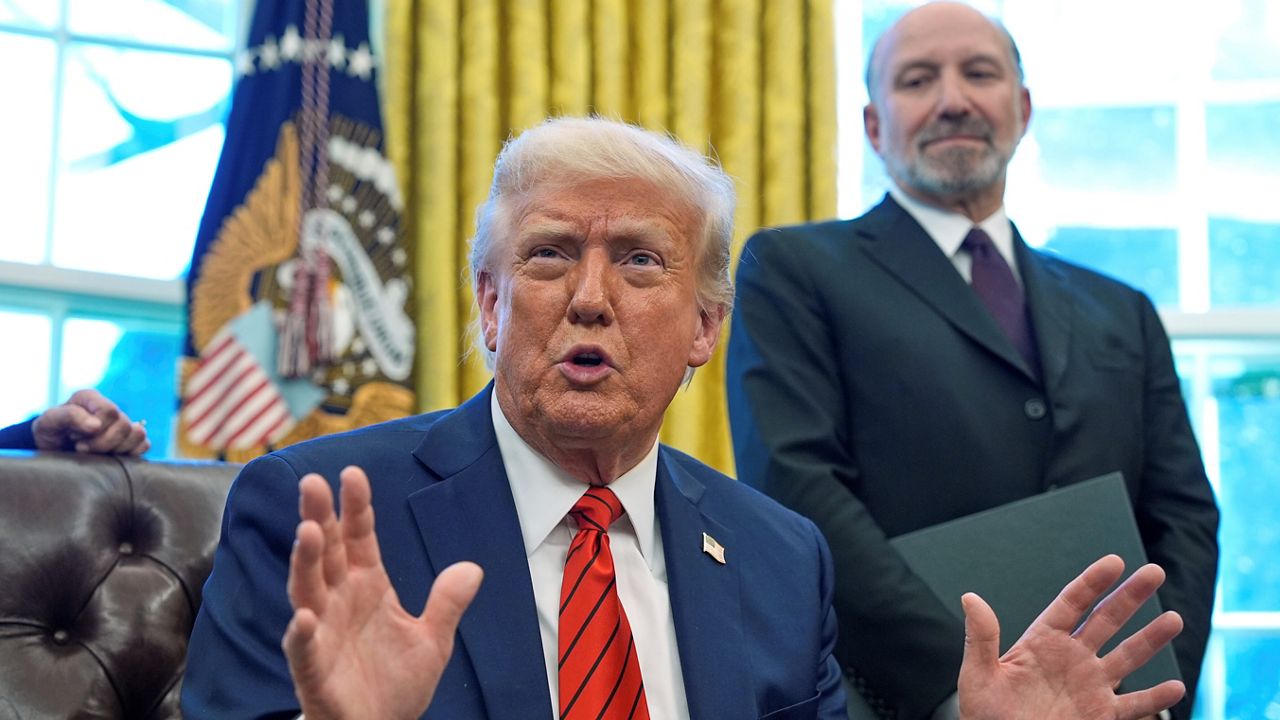Several months ago, a bipartisan group of lawmakers appeared to be united in banning TikTok, one of the country's most popular social media platforms, over concerns about protecting user data from the Chinese government.
Lawmakers grilled the company's CEO in March. But since that hearing, Congress has gone mostly quiet – at least publicly – on a ban.
The White House, Congress and other agencies have already taken action to ban TikTok from government devices. States and universities have made similar moves. But it's a national ban that has drawn the most attention, and its path in Congress is unclear.
James Lewis, Senior Vice President at the Center for Strategic and International Studies, a think tank focused on national security, says Congress has limited power in regulating the popular app.
"Congress can't ban TikTok," Lewis said. "I think this is one of the reasons this has fallen off the rails."
Lewis says Congress has the power to block financial transactions but not the authority for an outright ban. If it tried, Lewis added, the legislation would no doubt end up in court.
“There’s a hundred percent chance it will end up in court,” Lewis said.
Still, a number of bills sitting in Congress could impact TikTok. Perhaps the most notable is the bipartisan RESTRICT Act — Restricting the Emergency of Security Threats that Risk Information and Communications Technology Act — which gives the Commerce Secretary the power to review and prohibit certain transactions” between the U.S. and “foreign adversaries." That includes China, where TikTok's parent company, ByteDance, is based.
A congressional source told Spectrum News that the bill could be added to a major defense spending bill, the National Defense Authorization Act, that the Senate is considering, but it's not clear if lawmakers still want to push the issue.
"Moving against TikTok would cost one party or the other possibly millions of votes," Lewis said. "So, I think there's the political perspective ... I think between the desire not to be seen as mean to China and the desire not to alienate voters people put the brakes on.”
Linda Nguyen, a content creator and regular consumer on TikTok, said the app is her "favorite social media platform to consume."
When the North Carolinian, originally from Texas, is on the platform, she chronicles her travels to restaurants across the two states. She says that because she's been creating content for social media for so long, data privacy isn't top of mind.
"I understand the concerns about data and privacy, and I feel like instead of doing an all or nothing, we can use TikTok, and all the social media platforms and see how we can make a safer place, instead of a total ban, because a total ban… just feels terrifying to me," she told Spectrum News.
President Joe Biden said he wants TikTok's parent company ByteDance to sell off TikTok, but Lewis told Spectrum News that TikTok is a gold mine for ByteDance, and that is not likely to happen.




?wid=320&hei=180&$wide-bg$)




